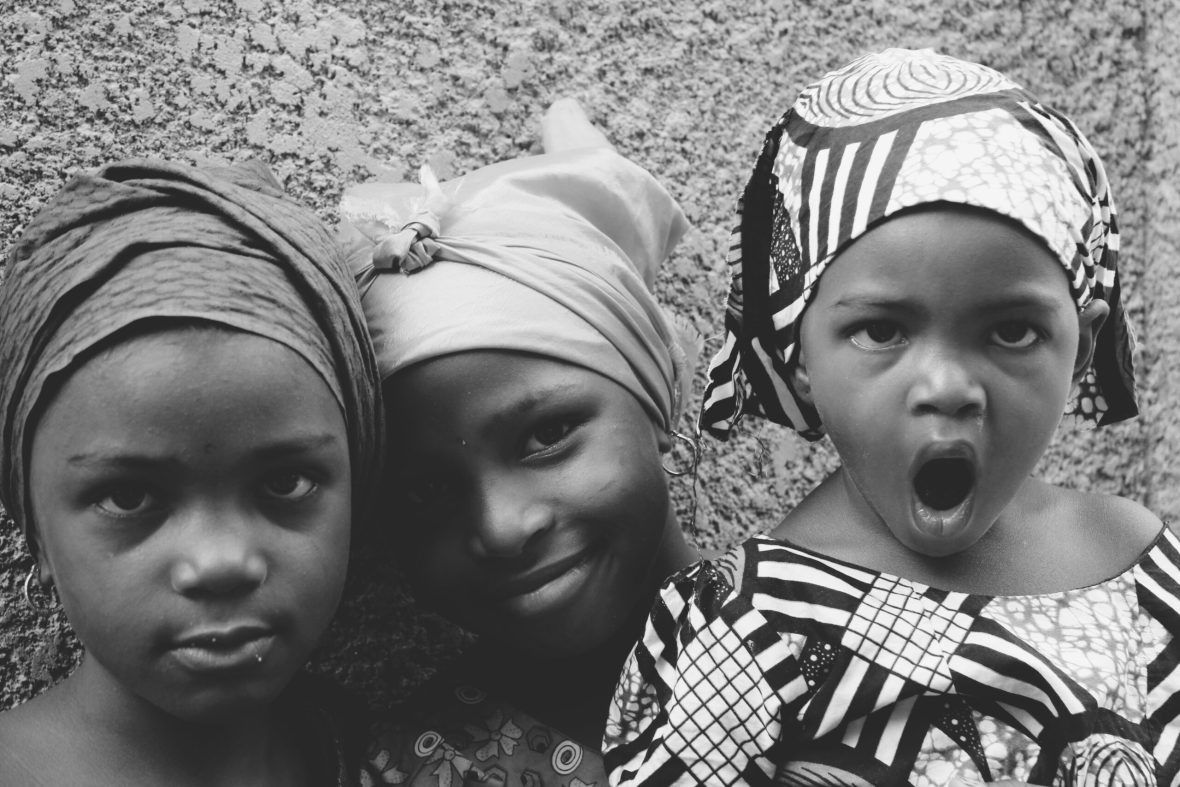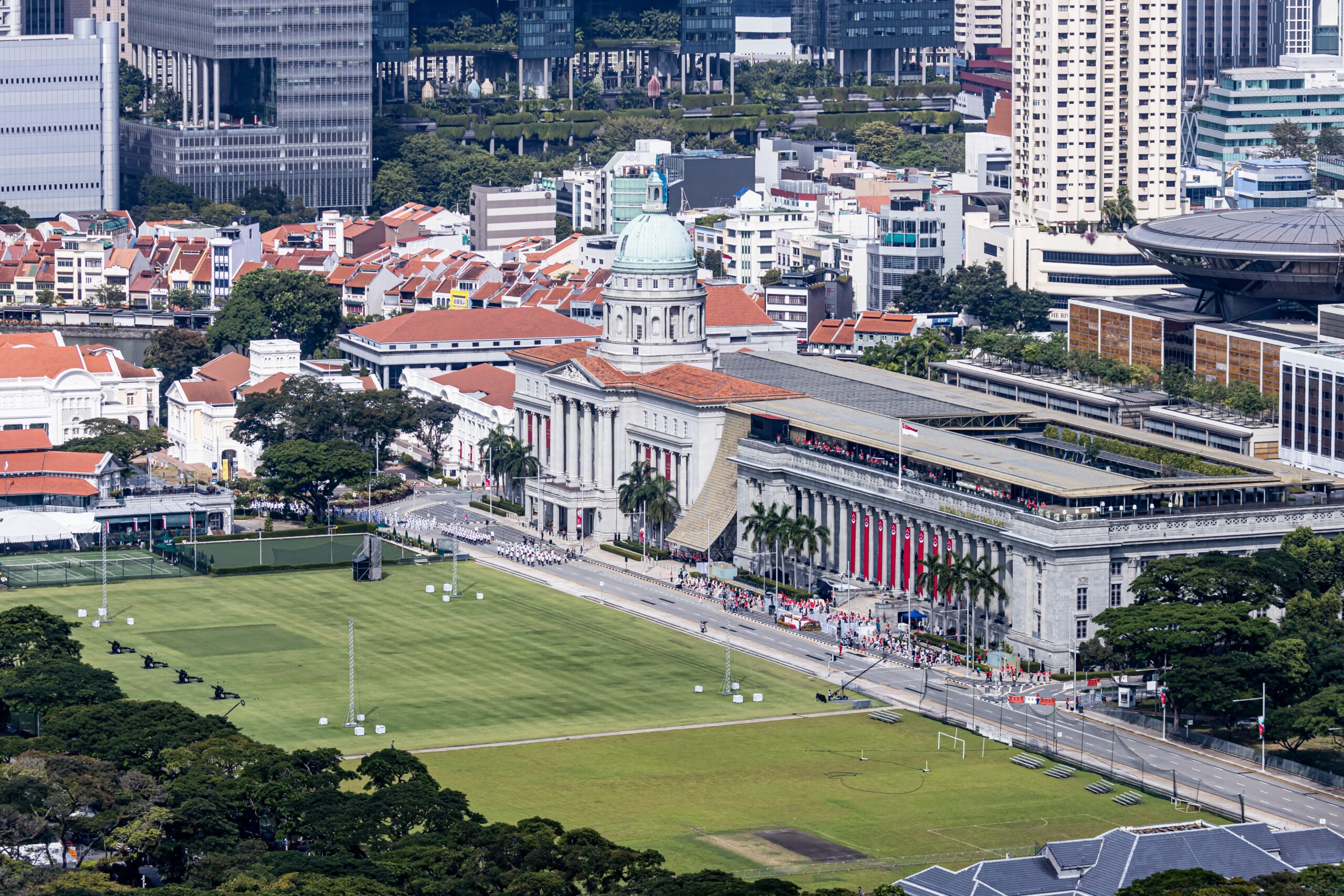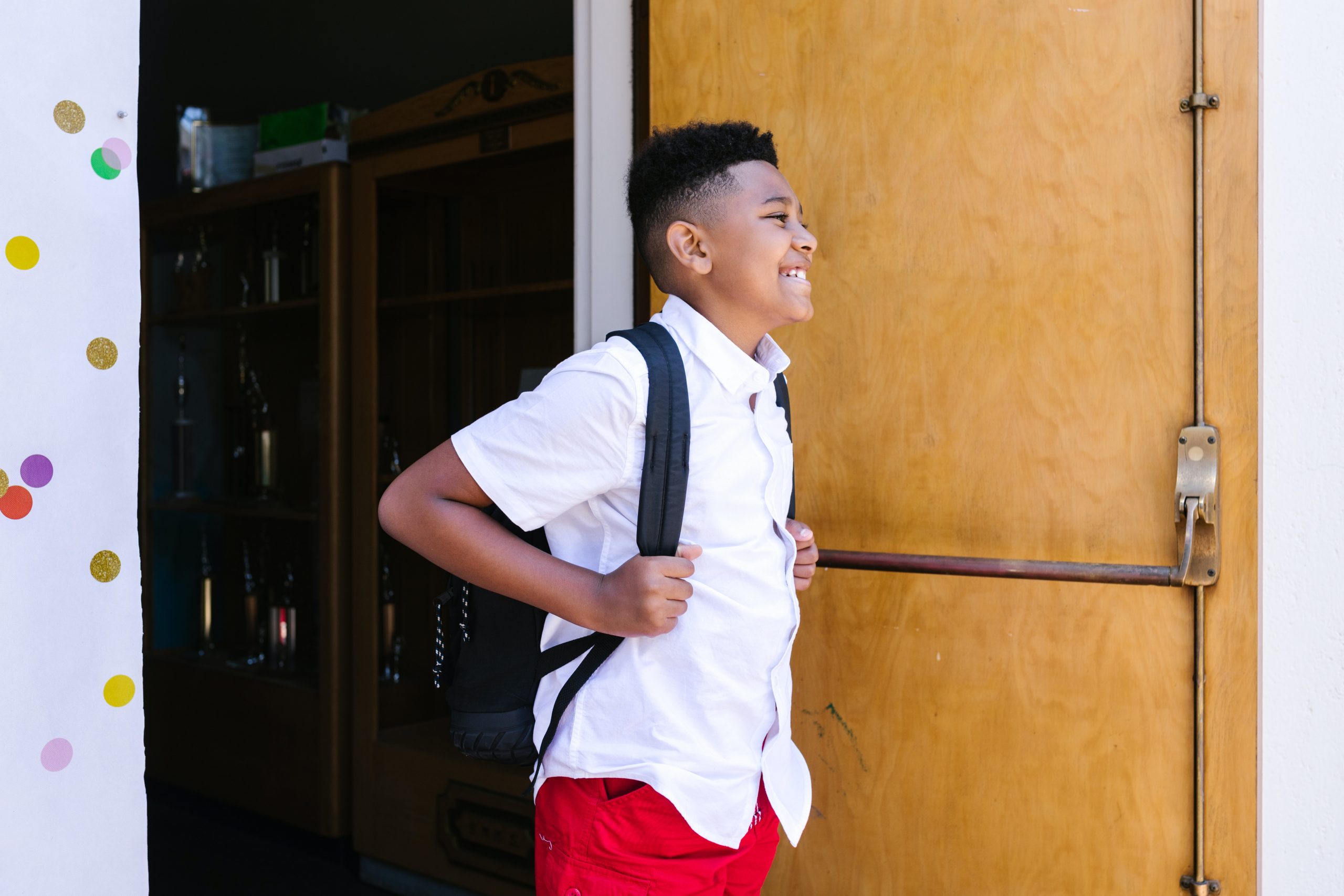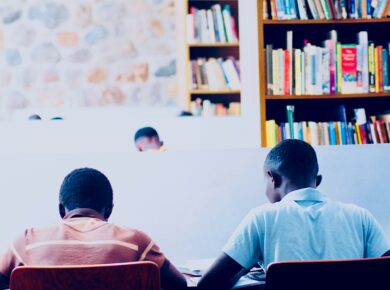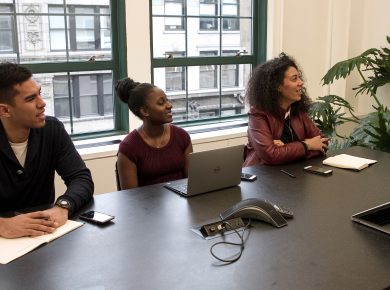These missionaries and voluntary organisations were the pioneers of the Special education of exceptional children throughout the world. Before the advent of these missionaries, handicapped children were believed to be a curse on their families, so they were always maltreated. The majority of them were left in the bush to die, while some parents hid them in their respective homes. Later, due to civilisation and the coming of Christian missionaries, the handicapped children became lucky, and they were accepted into society. It examines history of Primary Education.
The advent of the missionaries in Nigeria brought change and a modern approach to the education of handicapped children in Nigeria. Besides, voluntary organisations were responsible for establishing many special schools in the country.
The establishment of special schools in Nigeria
Credit should be given to the pioneer institutions that, in one way or another other influence the modern outlook of special education in Nigeria. Gindiri School for the Blind, which was established in 1973 by the Sudan United Missions, where crafts and some academic subjects were taught to blind children.
Wesley school for the deaf. It sprang up in 1956 by some philanthropists in Lagos and was later registered under the Methodist Mission in 1962.
Nigeria vocational blind centre, Oshodi. This was established by Dr. and Mrs. R.C West of Baptist Mission Ogbomoso in 1958 to provide education for visually handicapped children. The special education centre, Oji River, was established by the Church Missionary Society (CMS) to cater to the blind, physically handicapped, and deaf in 1958.
Ibadan Mission school for the deaf. It was founded by Rev. Andrew Foster, a black American, in 1960. The school was later merged with the Ibadan School for the Deaf. The school played a prominent role in the development of modern special education for the deaf in Nigeria.
It later spread to other parts of the country, Pacelli School for the Blind. The catholic mission established it in 1962 for the blind. Pacelli School is a realisation of the dreams of the late Archbishop Leo H. Taylor, the first proprietor of the school. The school was later under the Lagos State Government, and the program of the school was threefold.
The start and development of these learning institutions
The primary school program ends with the first school-leaving certificate. The vocation assessment and guidance program prepares students for a wide range of experiences in various operations and in various operations The secondary and University Resource programs prepare students for secondary and University life.
Presently, the school has produced graduates in various fields of learning, such as communication education, secretarial jobs, and many technicians in vocational fields like farming, poultry keeping, weaving, cane work, music instruction, etc.
Child Treatment and Placement Home School: the neglect of the care for mentally retarded children led Elizabeth Torrey in 1961 to show selfless interest in this category of children. She founded a new home school for the mentally retarded children in 1965 at Idi-Arab, Lagos. She finally had a permanent home for the children at Apapa. She later expanded the school to cater to children in Kano, Zaria, and Enugu.
The planning program of the Federal Government
The Federal and state governments came onto the scene of planning special education programs for children with special needs in the early 1950s. For example, the Federal government granted aid to Pacelli School for the blind in 1961, and the Lagos State Government took over the running of the school in 1967.
Also, the state government came onto the scene. For example, the Gombe workshop for the blind in Bauchi State came into operation in 1964 to provide training and a sheltered environment for the blind.
Another significant development was the open education scheme for the blind organised in Katsina state. This spreads rapidly to other parts in the north-Daura, Kano, Maiduguri, and Sokoto. The Local Education Authority members were also involved.
For an equipped education opportunity
The need to study special education in teacher training institutions and universities cannot be overemphasised. The National Policy on Education 1981 specifically makes it clear that education should be the right of every individual in the country, including handicapped children.
The laudable policy statement made by the Federal government has not been well implemented. The reasons for these are not far-fetched. There is not enough reading material in special education; there is a negative attitude towards special education in Nigeria.
Also, most of the available textbooks on special education are not relevant to the Nigerian situation. This course will enable teachers to possess an attitude towards the education of handicapped children in our society.
To change the African orientation about special people
The root of special education can be traced to the beginning of man himself when primitive men first became aware of those whose appearance and behaviour differed from expectations of the majority. From time immemorial, such differences have elicited a variety of reactions ranging from the cruel to the humane.
Those who are aware of the difference have been destroyed, tortured, exorcised, sterilised, ignored, exited, exploited, and even considered divine. Their presence has been variously explained in terms of superstitions depending on the individuals’ level of scientific understanding.
To take care of the exceptional children
In Nigeria, special education can be expressed as the education of exceptional children or children with special needs. These categories of children include the deaf, blind, mentally retarded, gifted children, and behaviourally disordered children. They need a modified curriculum and special instructions to provide optimum educational opportunities for them.
The National Policy on Education defined special education as “The education of children and adults who have learning difficulties because of children and adults who have learning difficulties because of different sorts of handicaps, ps blindness, partial sight, deafness, hardness of hearing impairment, mental retardation, social maladjustment.
Physical handicap was caused as a result of many factors.
Physical handicaps and so on due to circumstances of birth, inheritance, social position, mental and physical health patterns, or accidents in later life. As a result, a few children and adults are unable to cope with the normal school class organisation and methods.
There are also the specially gifted who are intellectually precocious and find themselves insufficiently challenged by the program of the normal school and who may take to stubbornness and apathy in resistance to it.
The traditional methods of special education can be categorised into three phases according to Adima (1989). He stated that the elders give instructions to the handicapped children, and immediate correction follows.
To enjoy practical lessons too
The second step is when the child is allowed to initiate his or her age group, while the third step rests upon the unconscious absorption of the lesson of majority and good manners inculcated in the numerous proverbs in daily and frequent use, and generally employed to drive some practical lessons.
Conclusion
The civil war also rendered many persons handicapped, and this led to the National consciousness of the handicapped. They were first treated and catered for, but later the federal government introduced into centres specialised forms of education and rehabilitation.
They were exposed to various vocations. The UPE(Universal Primary Education) for special education started in September 1976. The National Policy on Education also stressed the need for special education programs in Nigeria. You can read further on his page.
